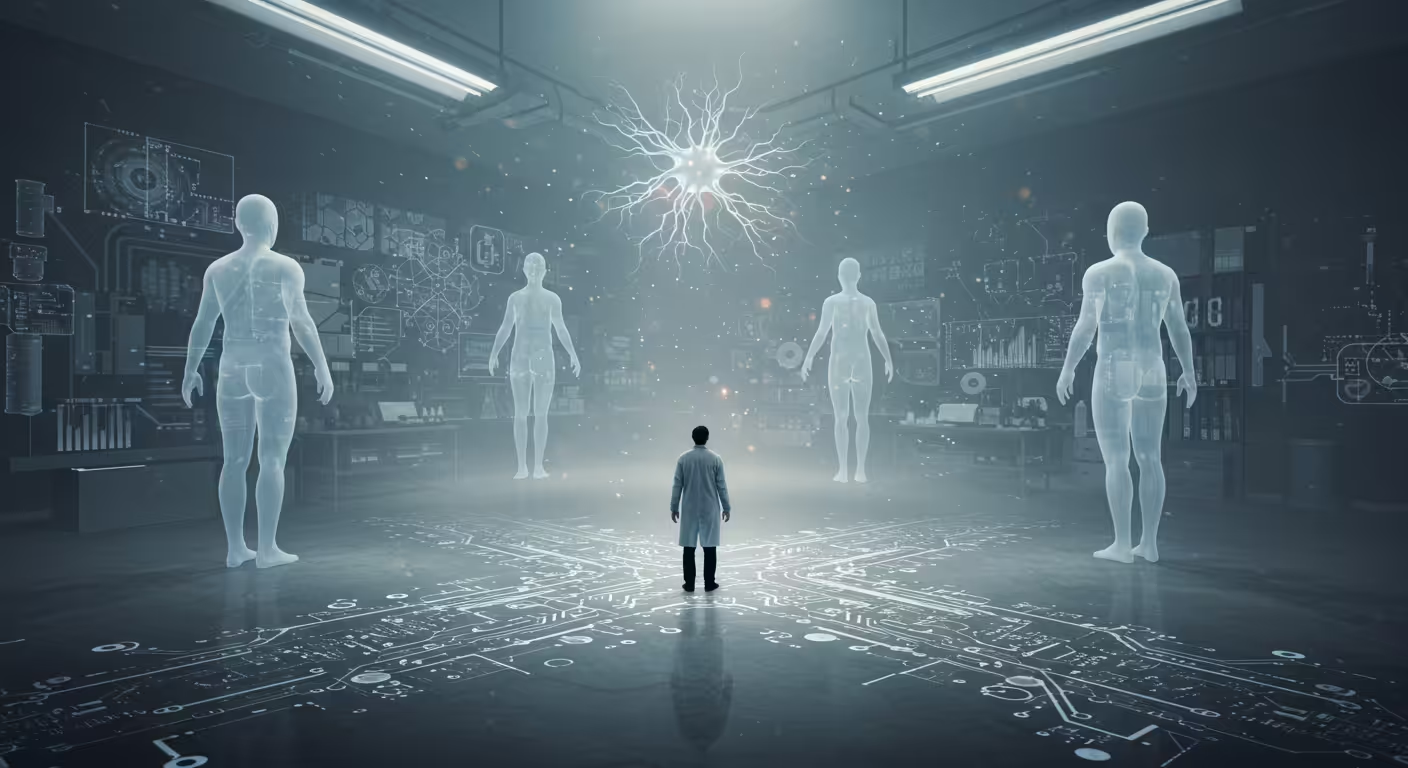- Sections
- Ruby
- Web Development
- Artificial Intelligence
- Urban Planning
- Astronomy
- Issue Navigation
- Previous Issue
- Next Issue
Tuesday, May 20, 2025
The Digital Press
All the Bits Fit to Print
Tuesday, May 20, 2025
All the Bits Fit to Print
A physicist's experience reveals AI's limited impact on accelerating scientific research.

A Princeton physicist shares his experience applying AI to solve partial differential equations (PDEs) in plasma physics, revealing that AI’s scientific impact is often overstated and less revolutionary than commonly claimed.
Why it matters: AI methods for scientific problems like PDEs frequently underperform compared to traditional numerical methods when fairly evaluated.
The big picture: AI adoption in science is rising rapidly, but much of the enthusiasm may reflect career incentives rather than genuine breakthroughs.
The stakes: Overhyped AI promises risk misallocating resources and funding, potentially undermining traditional scientific research and progress.
Commenters say: Readers appreciate the article’s honesty and nuanced critique, noting it highlights broader issues of bias, incentives, and reproducibility in scientific research.